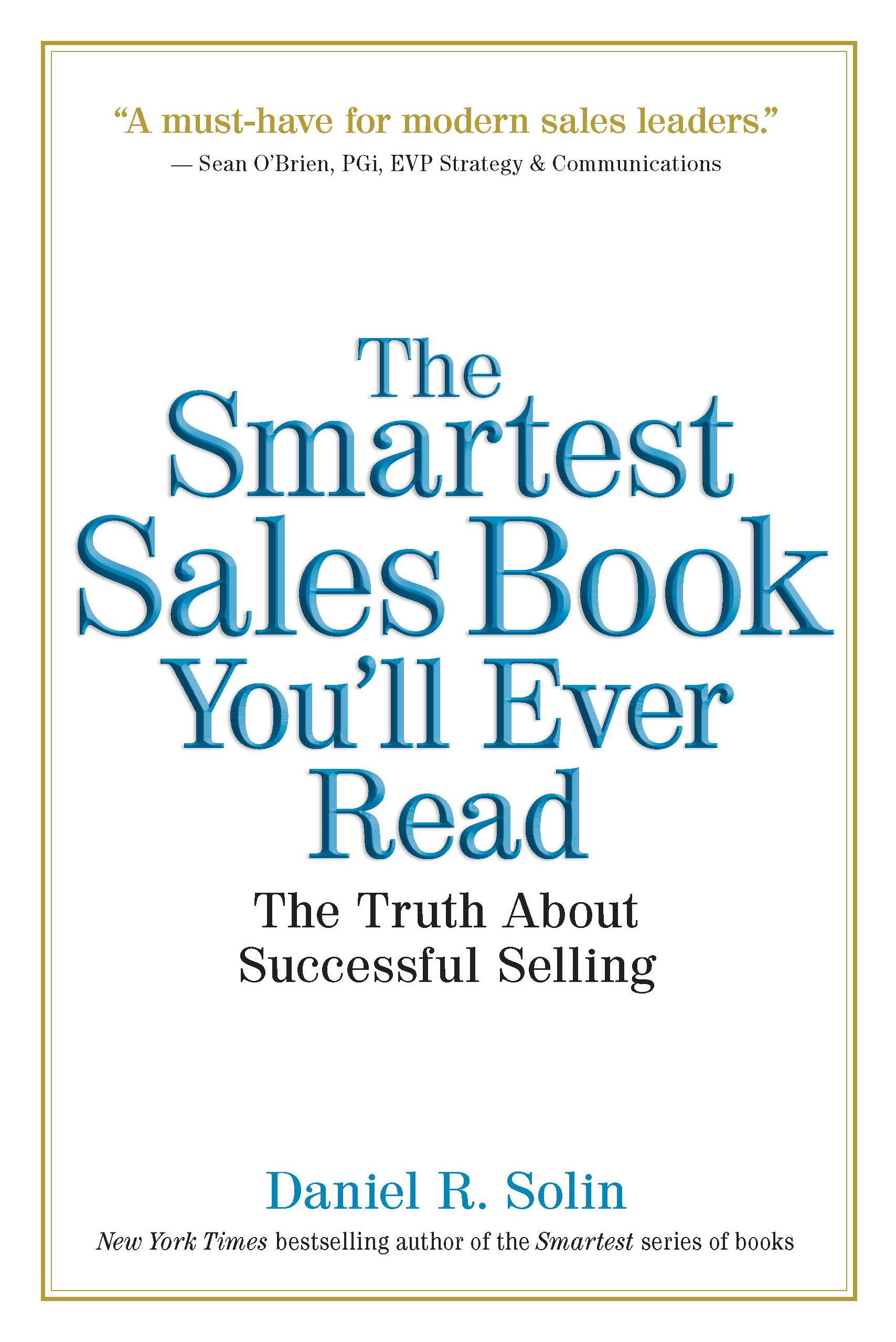In a recent blog post for Pragmatic Capitalism, Ben Carlson did an excellent job of putting the recent surge of money into passively managed funds in context.
The shift to passive funds is still modest
The shift from active to passive strategies is understandable, given the historical poor performance of actively managed funds in beating their benchmark. As of Dec. 3, only 15 percent of active funds last year accomplished this modest goal.
However, while the shift to passive strategies is a most welcome trend, it's clear the majority of investors are not getting the message. According to a study by PricewaterhouseCoopers, passive investments currently make up a relatively small 11 percent of the global fund management industry. By 2020, PwC forecasts this number will double. But there's still something wrong with this picture.
Why investors ignore the evidence
Why would 78 percent of individual investors continue to ignore the overwhelming evidence that investing in a portfolio of all index funds is the best way to meet your retirement goals?
In a recently released book, The Incredible Shrinking Alpha, my colleague Larry Swedroe and Andrew Berkin, Ph.D., offer a plausible explanation for this behavior. They believe "active management is the triumph of hype, hope and marketing over wisdom and experience."
A recent study indicates there may be another factor explaining otherwise irrational investor behavior.
The impact of good looks
The study was authored by Dr. Roy Zuckerman of Tel Aviv University and Dr. Ankur Pareek of Rutgers University.
They found that hedge fund managers who were rated as "trustworthy" based on their photographs attracted more assets than those who looked less trustworthy.
In an odd twist, Dr. Zuckerman noted: "There is no evidence to suggest that perceived trustworthiness predicts actual managerial skill. On the contrary, we found that the 'trustworthy' managers tended to make less money for investors and more money for themselves by leveraging the way they looked and how they presented themselves. 'Untrustworthy' execs were found to charge lower fees and generate more income for investors and less for themselves."
The authors of this study may be on to something. Psychologists have long been aware of the "halo effect," which causes us to ascribe superior qualities (such as intelligence and professionalism) to attractive people. The reality is that attractiveness has a high correlation to success, perhaps for this reason.
If you are investing using active management, you should consider this advice from Dr. Zuckerman: "My advice would be to ignore the way a person looks when researching investment opportunities. Ignore your intuition. Focus only on the numbers, look at accounting reports. The idea is to focus on the hard data, and ignore the soft data."
Any objective view of the "hard data" will persuade you to dump your individual stocks and bonds, sell your actively managed mutual funds and become an index-based investor. Don't let the halo of good looks or celebrity spokespeople affect your judgment.
 Dan Solin is the director of investor advocacy for the BAM ALLIANCE and a wealth adviser with Buckingham. He is a New York Times best-selling author of the Smartest series of books. His latest book is The Smartest Sales Book You'll Ever Read.
Dan Solin is the director of investor advocacy for the BAM ALLIANCE and a wealth adviser with Buckingham. He is a New York Times best-selling author of the Smartest series of books. His latest book is The Smartest Sales Book You'll Ever Read.
The views of the author are his alone and may not represent the views of his affiliated firms. Any data, information and content on this blog is for information purposes only and should not be construed as an offer of advisory services.
